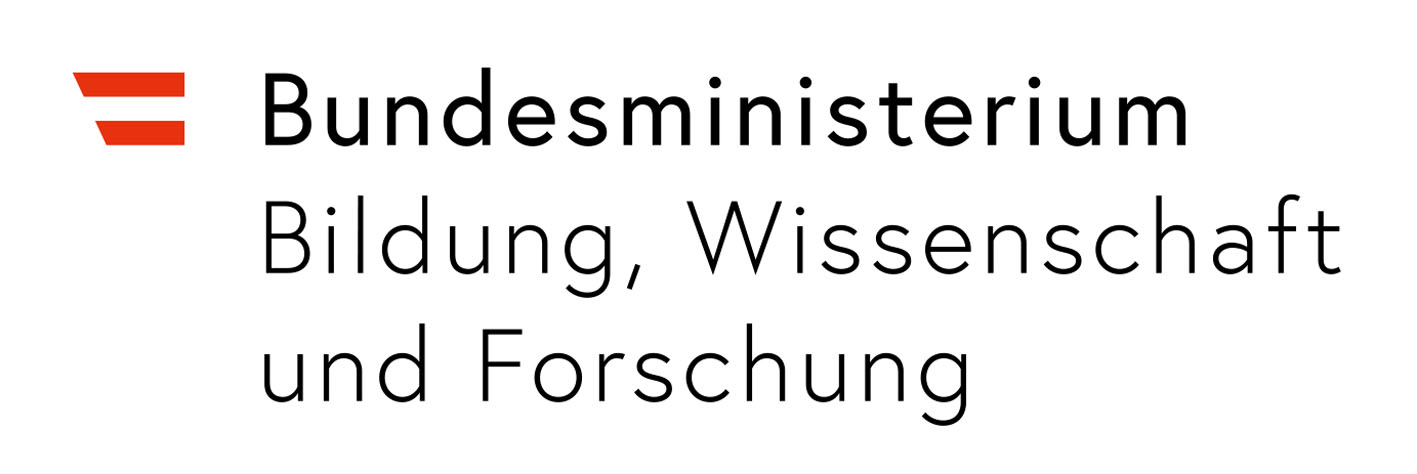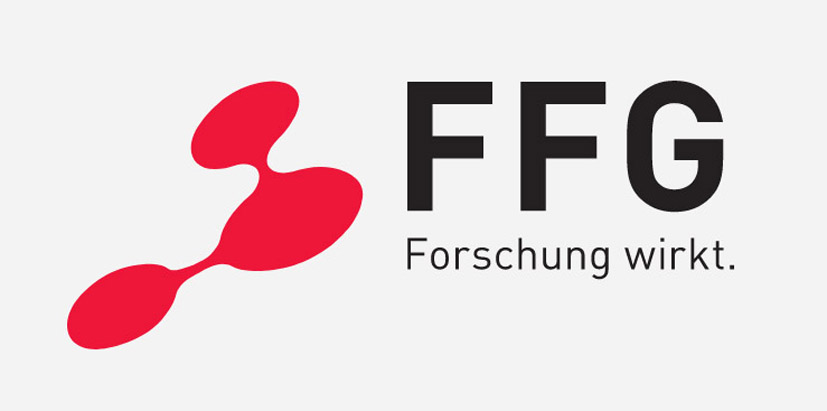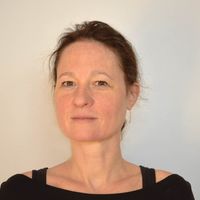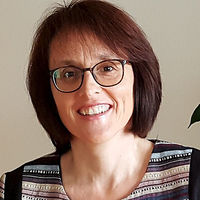Initial situation/motivation
A large part of Vienna's housing production currently involves buildings that are difficult to construct from renewable building materials due to their size. In order to change this situation, the creation of exemplary, multipliable wooden residential buildings is necessary. Building regulations currently impose strict limits on the use of wood as a building material and in some cases require costly compensation measures. This is particularly challenging in subsidized housing.
Contents and objectives
Vis-à-Vis aims to take significant steps toward sustainable, circular construction. This requires a holistic approach: Over the entire life cycle from planning, construction and use to deconstruction, the programming of the house, building materials used and energy sources and consumption are considered. At this building scale and to this extent, this is new for a subsidized residential building.
Ecological and economic analyses form the basis for the extensive use of renewable, recyclable building materials and components. Cooperation with specialists enables the use of re-use elements. Building services equipment is optimized in terms of system and consumption. One focus is on joint planning with future users: With the Vis-à-Wien building group, the planners, who are experienced in participation, are implementing a co-creative process for the first time in this project, in which the main focus is on the topic of climate neutrality. Thus, the involvement of the users goes beyond awareness raising: The building group builds up profound knowledge and applies it in planning and use.
Methodical approach
The research project is divided into six work packages and relies on a variety of methods. By means of desk research and workshops with experts, the term "climate neutrality" is defined in relation to the project and graphically prepared in terms of scientific communication. Excursions to best-practice examples and discussions with planners provide hands-on knowledge.
Component structures of renewable materials and deconstructability of components are examined with regard to their technical, economic and ecological properties. On the basis of a matrix comparison of the examined variants, a decision is made for their use in Vis-à-Vis. In the field of renewable energies, variants for heating and cooling systems, PV systems and ventilation are compared. All work steps and decisions are evaluated at regular intervals and incorporated into a superordinate "climate neutrality calculation". This results in quantifiable findings.
Via workshops, the generated knowledge is not only carried to the research team of the construction group, but to the large group of Vis-à-Wien with its many members. A blog, echo chambers and lectures provide access to the challenging topic of "climate neutrality" for all interested people.
Expected results
The result is a climate-neutral lighthouse project that can serve as a model for many other projects, especially in urban and social housing. A guideline applicable to subsidized housing will show possible levers that can be used to reduce a building's emissions.
The building group continuously disseminates the process and results of the project. Vis-à-Vis will thus be placed in the public discourse beyond professional circles. Climate-neutral building becomes (tangible) and negotiated at eye level.
„Stadt der Zukunft“ is a research and technology program of the Federal Ministry for Climate Protection, Environment, Energy, Mobility Innovation and Technology. It is managed on behalf of the BMK by the Austrian Research Promotion Agency (FFG) together with Austria Wirtschaftsservice Gesellschaft mbH (AWS) and the Austrian Society for Environment and Technology (ÖGUT). https://www.nachhaltigwirtschaften.at/de/sdz/






